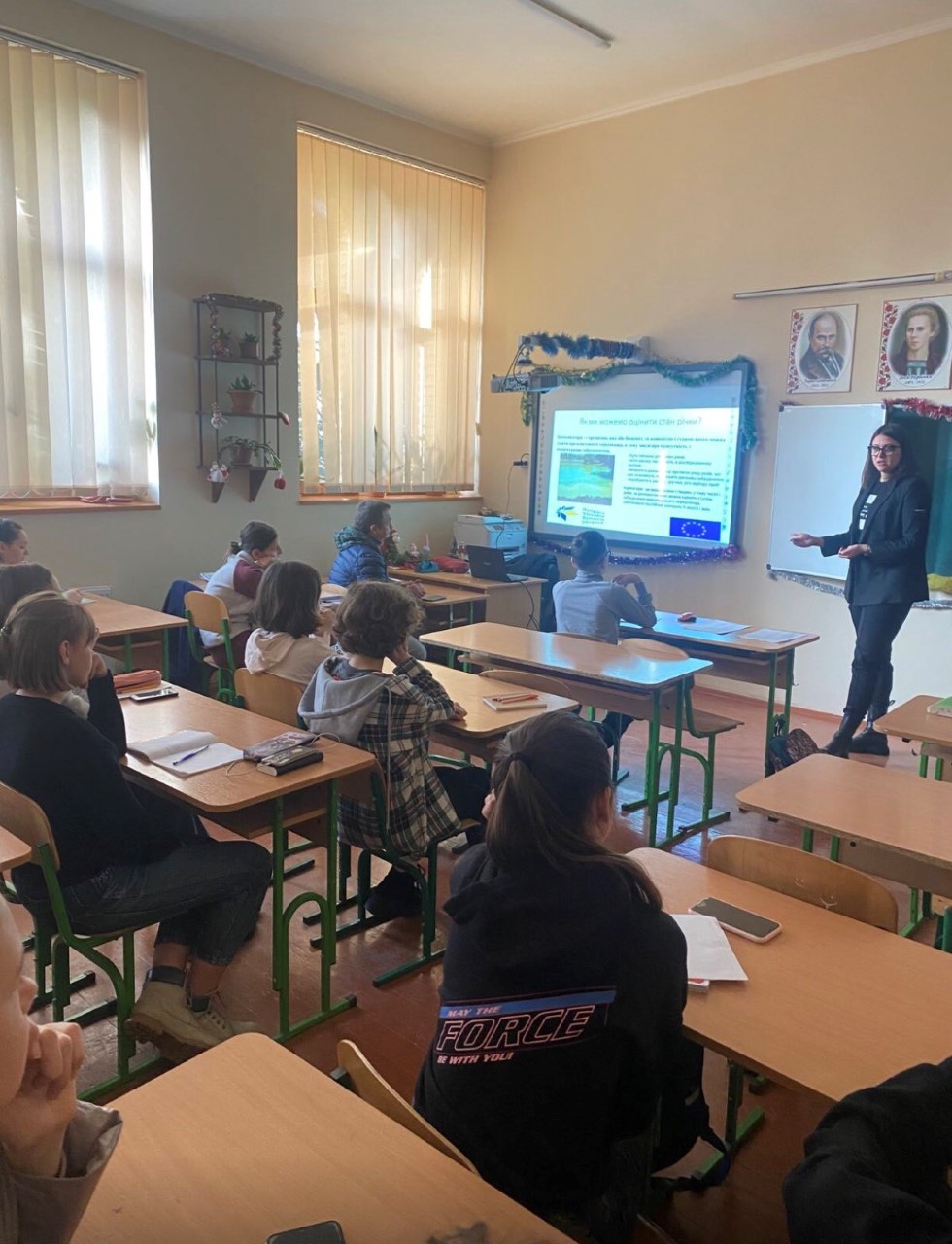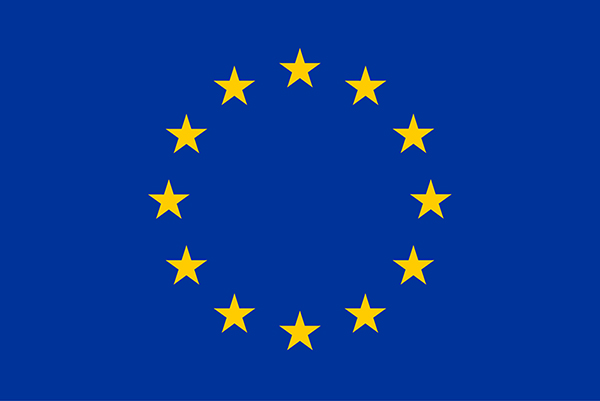December 9, 2021 - specialized comprehensive school of I-III grades №4, Uzhhorod. The lesson was held for 7th grade students, biology teacher Gurt Anna Yuriyivna.
December 15, 2021 - Uzhhorod comprehensive school of I-III grades. №15, Uzhhorod. The lesson was held for 9th grade students, biology teacher Balozh Maria Vasylivna.
December 15, 2021 - Uzhhorod comprehensive specialized boarding school with in-depth study of certain subjects of the Transcarpathian Regional Council. The lesson was held for 10th grade students, biology teacher Sigeti Maryana Yuriyivna.
December 23, 2021 - Uzhhorod comprehensive school of I-III grades №6 named after V.S. Donskiy of Uzhhorod City Council of Transcarpathian region. The lesson was held for 8th grade students, biology teacher Hrynchuk Maria Yosypivna.
At the beginning of informational and educational activities in these schools, the project itself, its main purpose and objectives, partners involved in the project were presented. Also students had the opportunity to introduce themselves, share their "environmental habits" or the habits of their family, and share their experiences with everyone present. Together with the students the video "How water objects are polluted " was watched, which shows how human activities in the center of the continent can affect the ecological condition of the entire ocean. After the discussion, it became clear that it was difficult for some to imagine such consequences.
December 15, 2021 - Uzhhorod comprehensive school of I-III grades. №15, Uzhhorod. The lesson was held for 9th grade students, biology teacher Balozh Maria Vasylivna.
December 15, 2021 - Uzhhorod comprehensive specialized boarding school with in-depth study of certain subjects of the Transcarpathian Regional Council. The lesson was held for 10th grade students, biology teacher Sigeti Maryana Yuriyivna.
December 23, 2021 - Uzhhorod comprehensive school of I-III grades №6 named after V.S. Donskiy of Uzhhorod City Council of Transcarpathian region. The lesson was held for 8th grade students, biology teacher Hrynchuk Maria Yosypivna.
At the beginning of informational and educational activities in these schools, the project itself, its main purpose and objectives, partners involved in the project were presented. Also students had the opportunity to introduce themselves, share their "environmental habits" or the habits of their family, and share their experiences with everyone present. Together with the students the video "How water objects are polluted " was watched, which shows how human activities in the center of the continent can affect the ecological condition of the entire ocean. After the discussion, it became clear that it was difficult for some to imagine such consequences.
Together with the students, with the help of experts, the consequences of water pollution were identified and characterized:


- Decrease in species diversity of river flora and fauna.
- Overgrown water objects and their disappearance.
- Deterioration of taste, color and odor of water.
- Destruction of the enamel of our teeth due to excess fluoride.
- Outbreaks of hepatitis caused by bacteria and Escherichia coli.
- Overload of water with iron, which causes disorders of bone formation.
- Accumulation of lead, chromium, cadmium, benzopyrene, as well as chlorine in water provoke oncology and nervous disorders.
- Infectious and intestinal diseases: from typhus and dysentery to cholera.
- Deterioration of hair and skin.
- Compounds of phenol and fluorine adversely affect liver function.
- Infection with parasites.
- Radioactive isotopes and pesticides accumulate in organisms and circulate in food chains, destroying tissues and leading to infertility and genetic mutations.








